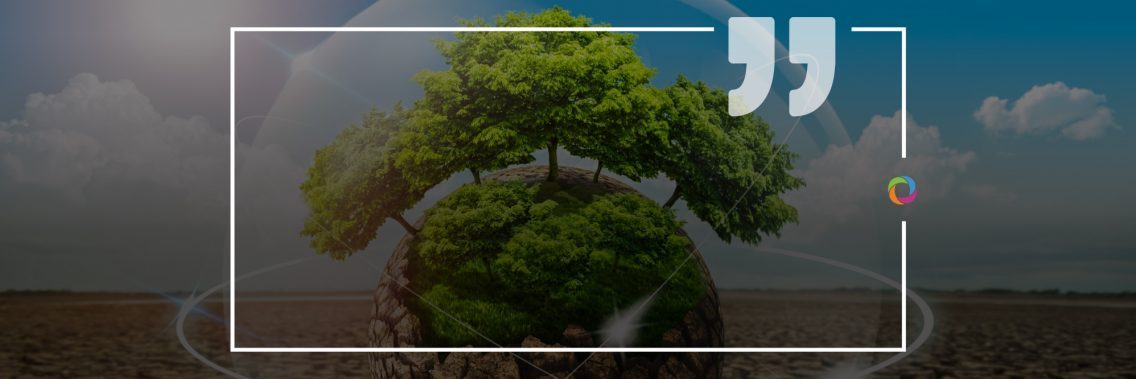“The environment is finally able to breathe” – this was one of the beliefs that accompanied the wide-ranging mandatory lockdowns. In the absence of people, many thought that nature would return to a healthier state. Despite this, the latest research shows that the outcomes have been much more complex and have had a massive impact on wildlife. We asked several experts about the positive and negative impacts of COVID-19 on nature. Check out their opinions below.
What are some of the positive and negative impacts of COVID-19 on nature?

“The word “positive” in the evaluation of the impacts of COVID-19 on nature should be used with caution. In the past, a similar trend had been seen in the mass media coverage of the Chernobyl nuclear disaster recovery. Some sources reported how limited human activities had had a positive impact on the environment in the Chernobyl Exclusion Zone. However, scientists like Timothy Mousseau have many examples of developmental abnormalities and deformities that likely contribute to the depressed abundances and biodiversity seen in the Chernobyl region. Often, detailed research contradicts unsupported media claims. On the one hand, the lockdown worldwide contributed to wildlife restoration in some places, a temporary decrease of the CO2, NO2, and other significant pollutants (particulate matter called PM2.5, etc.). Even the Ganges River water was drinkable for a short time. The good news is that recovery is still possible. On the other hand, these changes were not sustainable. And the recent report by the United Nations Intergovernmental Panel on Climate Change could serve as a reality check as to how many of the expected positive impacts of COVID-19 have not materialized. Instead, we have seen enormous single-use plastics and growing waste from hospitals and medical supplies. Various disinfectants have created ecological imbalances. Social distancing led to a demand for renovations, single-family housing, and occasionally land grabbing. Lumber prices have gone up and prompted deforestation. The approach “you only live once” has become popular among youth. Commuters who were hesitant to use public transportation bought cars. Many people decided to make lockdown a lot less lonely and raise puppies but later abandoned them. Dogs became an easy target for coyotes and other animals, increasing human-wildlife conflict. Some international forums, including the fifteenth meeting of the Conference of the Parties to the Convention on Biological Diversity, were postponed causing a delay in decision-making and policy development for nature.”

“When the COVID-19 pandemic surfaced last year there was a lot of optimism that as more humans were now staying at home due to the lockdowns imposed in various locations across the world, nature would get the much-needed time and space to be healed and restored without any human interference. However, the results of humans staying away from nature has resulted in both positive and negative impacts on it. One such revelation was that humans, to an extent, are the gatekeepers of our environment especially when it comes to conservation efforts and wildlife protection. This was evidenced by an increase in poaching activities in some areas as lockdowns meant that there was less movement of people which made it easy for poachers to gain entry to protected wildlife areas as well as into water bodies. There are never enough wildlife protectors due to limited resources and poachers are aware of that. On the upside, wildlife, as well as marine life, managed to benefit from the reduced noise and air pollution since general human movement was reduced. Rubbish which is synonymous with tourists was reduced in the National Parks and water bodies. The absence of tourists resulted in animals and birds being able to mate without interruption and this will result in an increase in the numbers which may be a positive when tourists start visiting the parks or a negative if the animals or birds become too many to exceed their carrying capacity.”
Check out more than 500 job opportunities in the Environment sector here.

